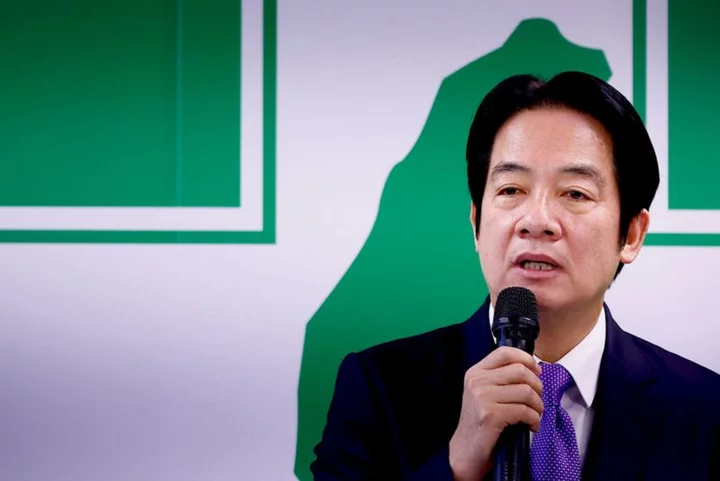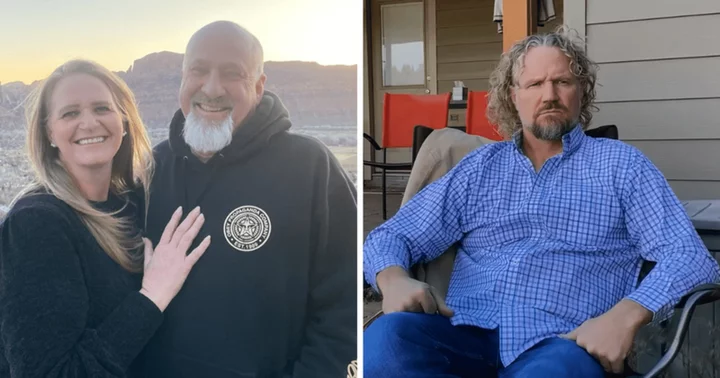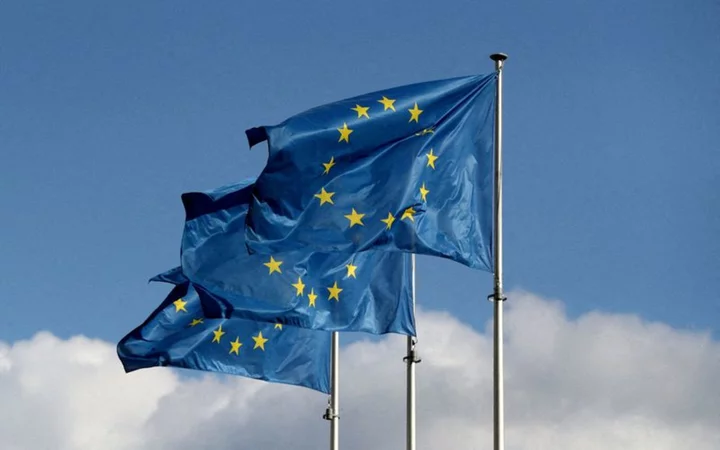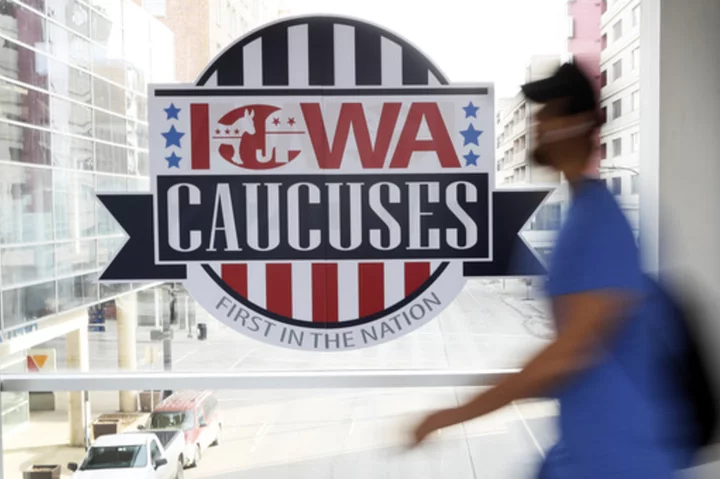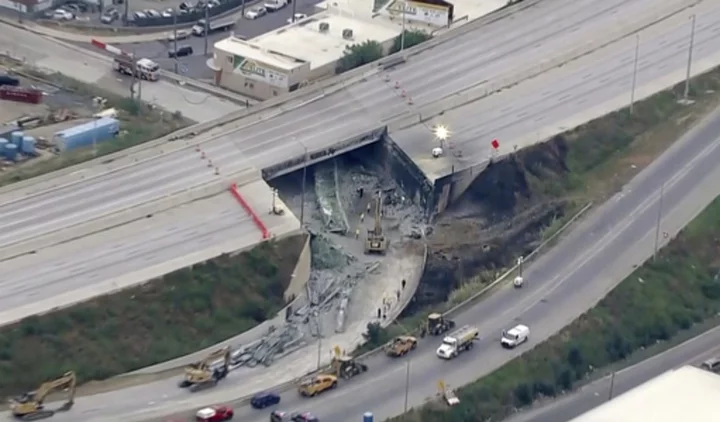By Liz Lee and Ben Blanchard
BEIJING/TAIPEI (Reuters) -China reacted with anger on Monday to a planned visit next month to the United States by "separatist" Taiwan presidential frontrunner Vice President William Lai, as the government in Taipei said it saw no reason to overreact to mere transit stops.
Taiwanese presidents and vice presidents traditionally make transits of the United States on trips to the few remaining countries still to maintain formal diplomatic ties with the Chinese-claimed island, and this time Lai will be attending the swearing in of Paraguay's new president, Santiago Pena.
This U.S. trip, though, has extra significance as Lai is running to succeed President Tsai Ing-wen at Taiwan's next election in January, and presidential candidates generally visit the United States ahead of the vote to discuss their run with officials there. Lai is currently leading in most opinion polls.
Such transits infuriate China, which views them as covert support by the United States for Taiwan's separateness from China and challenge to Beijing's territorial claims.
In April, China staged war games around Taiwan after Tsai met U.S. House Speaker Kevin McCarthy in Los Angeles while on her way back from Central America
Speaking in Beijing, Chinese Foreign Ministry spokeswoman Mao Ning said the government had already lodged a diplomatic complaint with the United States about Lai's stop overs.
"China firmly opposes any form of official exchanges between the United States and Taiwan, resolutely opposes sneaky visits by Taiwan independence separatists in any name or for any reason, and resolutely opposes any form of connivance by the United States to support Taiwan independence separatists," she said.
"China will pay close attention to the development of the situation and take resolute and forceful measures to safeguard national sovereignty and territorial integrity."
Taiwan's presidential office said Lai would arrive in Paraguay on Aug. 14, the day before Pena is sworn in as the country's next president.
Speaking to reporters, Taiwan Vice Foreign Minister Alexander Yui declined to give details on Lai's U.S. transits, saying details would come later.
Asked whether the government was worried about the Chinese reaction to Lai's U.S. visit or whether it would prompt more Chinese war games, Yui said that it was the "usual practice" to make such stop overs for reasons of safety and comfort.
"There is no reason or cause for it to create commotion," Yui said.
China has repeatedly rebuffed offers of talks from Tsai and her government, believing she is a separatist.
Lai angered China in 2018 while he was premier, telling parliament he was a "Taiwan independence worker" and that his position was that Taiwan was a sovereign, independent country - a red line for Beijing.
Both Tsai and Lai say that the Republic of China, Taiwan's formal name, is already an independent state, despite only 13 countries formally recognising it, including Paraguay.
Pena visited Taiwan last week and met both Lai and Tsai, who cannot run for office again after serving two terms.
(Reporting by Liz Lee and Ben Blanchard; Editing by Kim Coghill, Lincoln Feast and Michael Perry)

